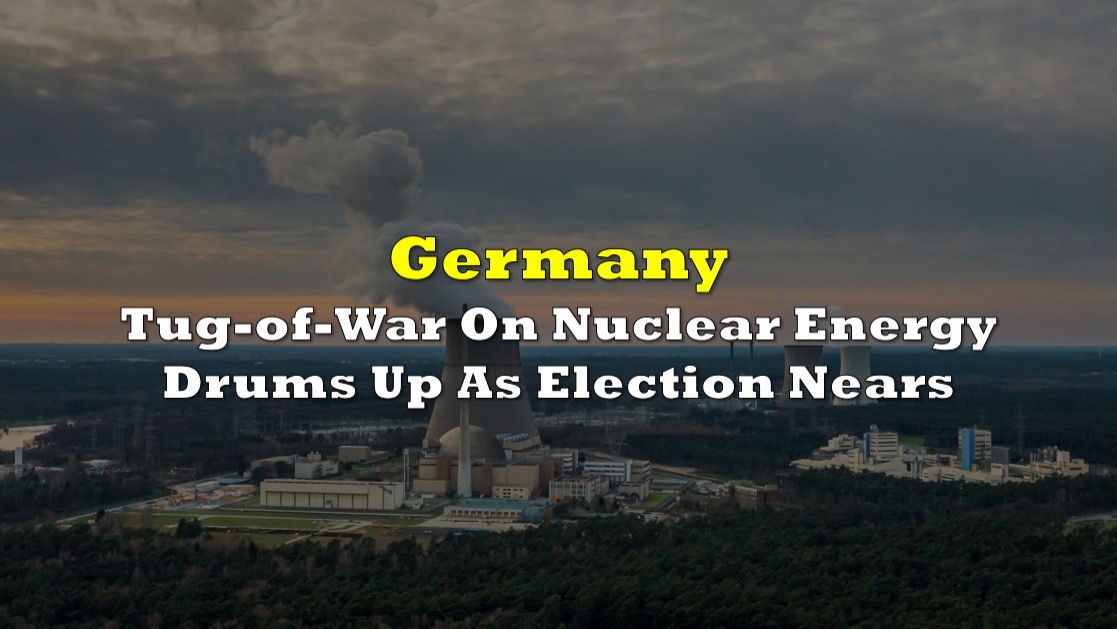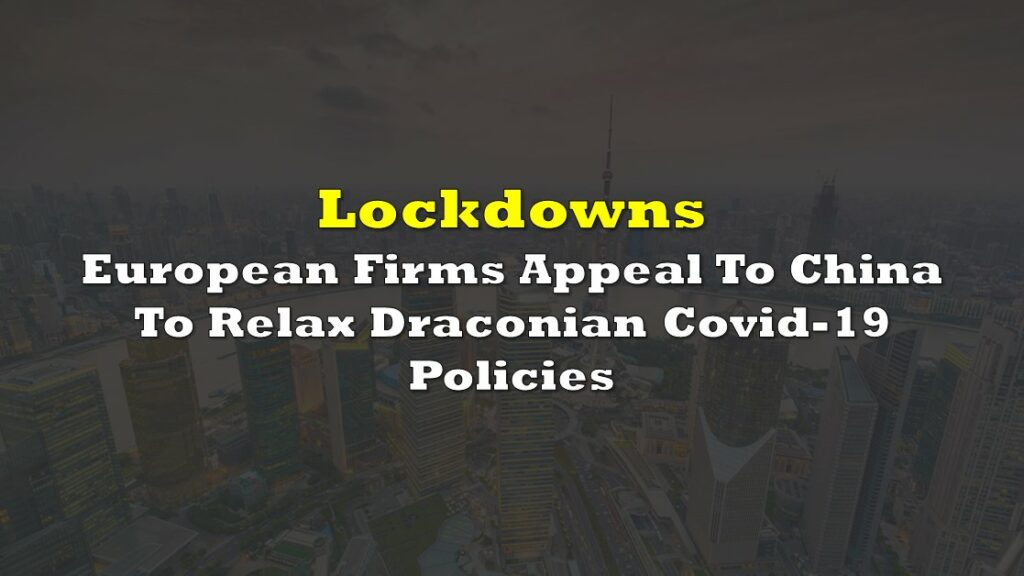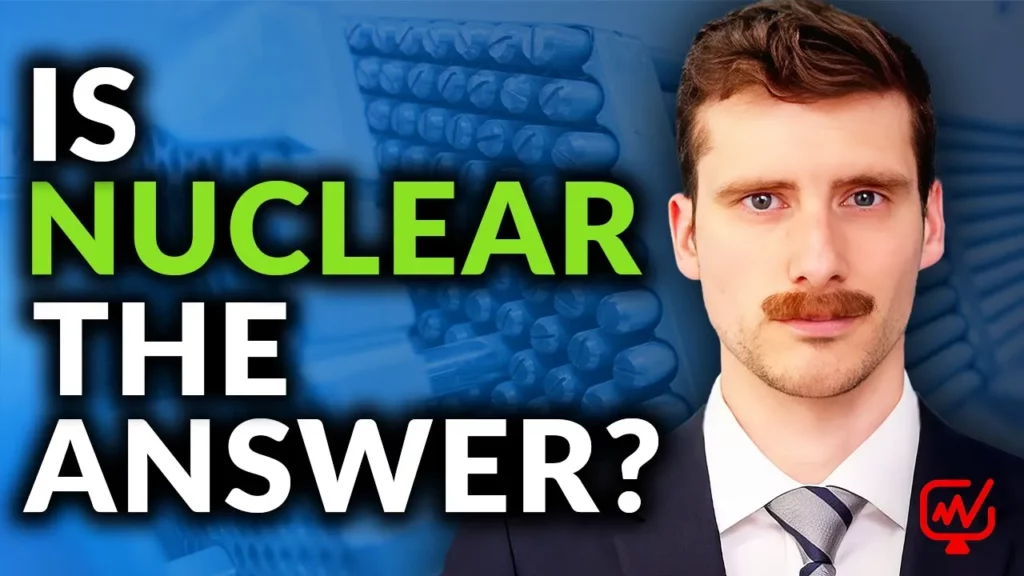The next German federal election is still over two years away but the contentious nuclear energy issue is sure to take one of the key political points of debate as the country deals with energy conundrums.
Earlier this year, Germany had begun shutting down its three remaining nuclear power reactors as part of a long-planned shift to renewable energy. The international community was keeping a tight eye on the shutdown of the reactors Emsland, Neckarwestheim II, and Isar II, which was agreed to more than a decade ago.
But the current Leader of the Opposition, Christian Democratic Union’s (CDU) Friedrich Merz, wants to reconnect them immediately.
“We would immediately reconnect the decommissioned nuclear power plants,” Merz said in German, translated to English, in an interview with German newspaper Bild.
LEADER OF GERMANY'S LARGEST PARTY: WE WOULD IMMEDIATELY RECONNECT DECOMMISSIONED NUCLEAR PLANTS
— Mark Nelson (@energybants) August 27, 2023
In an interview today with Germany's largest paper, Bild, @_FriedrichMerz explicitly says his party would restart Germany's nuclear plants.
As we explained in July in our report, now… pic.twitter.com/a6AkrkkLMT
Reconnecting the decommissioned nuclear power plants is among the three things CDU would do differently in the government, according to Merz. Alongside this is lowering energy taxes and deciding on a bureaucratic moratorium.
“Not a single new law may trigger additional bureaucracy. This means, for example: We would stop the heating law. In this form, it is not only technologically misguided, but also sets in motion a huge new bureaucracy,” Merz said in German.
Other developed countries, like the United States, Japan, China, France, and the United Kingdom, are relying on nuclear energy to replace planet-warming fossil fuels. Germany’s decision to discontinue use of both has been met with some skepticism, as have last-minute calls to halt the shutdown.
The country was caught in a bind as it tried to enact the 2011 resolution by former Chancellor Angela Merkel to make a nuclear exit by the end of 2022, but was starting to reconsider in the face of threats to the stability of the energy supply. CDU, also Merkel’s party, was the ruling faction during her time until the Social Democratic Party of Germany (SPD) took over with current Chancellor Olaf Scholz after she stepped down.
Europe’s largest electricity exporter made the decision to keep the last reactors open until mid-April after power operators conducted stress tests on the grid. The results showed that there could be times the electrical supply will be hitting crisis level given the tightness in the continent’s energy market.
Friedrich Merz
With the clock ticking towards the late summer of 2024 when the CDU will select its chancellor candidate, Merz, currently 67, left the question of his candidacy open. However, he did not shy away from expressing his clear ideas about what he would implement in the government, should he assume power.
In the interview with Bild, when asked about the potential for economic decline, Merz candidly stated in German, “Unfortunately, 2023 will be a year of recession.” He expressed concerns about rising insolvencies, unemployment, and the negative impacts of bureaucracy and high energy prices.
Merz further criticized Scholz’s performance, citing a dissatisfaction rate of 70% among citizens. However, he acknowledged that the CDU also faces skepticism, with a majority believing that the party would not perform better. Merz attributed this perception to the CDU being held jointly responsible for the current state due to coalition dynamics.
He also emphasized the need for equitable relief on electricity prices for both large industries and medium-sized businesses.
“We think it is wrong to reduce electricity prices only for large-scale industry and to leave medium-sized companies in the rain. It needs relief for everyone, for the energy-intensive industry as well as for medium-sized companies, from crafts to bakery. So: down with the electricity tax and the network charges,” he said in German.
Merz also touched on controversial topics such as cannabis legalization, immigration, and asylum policies. He firmly opposed the legalization of cannabis, emphasizing concerns for the well-being of children and young people. He also expressed support for enhanced controls on immigration and increased recognition of safe countries of origin.
Regarding potential coalition scenarios, Merz was unequivocal. “We do not help the weak chancellor out of trouble or even join this coalition as a junior partner,” he asserted. He suggested that if the current coalition, known as the traffic light coalition, were to fail, new elections would be a likely outcome.
Merz also didn’t hold back in criticizing the current government’s handling of certain issues, particularly the ongoing tax scandal involving Warburg Bank. He hinted that if Scholz is proven to have lied in connection with the scandal, his political career could come to an end.
Despite some recent missteps, including contradictory statements about potential cooperation with the right-wing Alternative for Germany (AfD) party, Merz remained steadfast about the CDU’s principles. He clarified that the party’s incompatibility decisions with the AfD would not change.
Information for this briefing was found via Bild and the sources mentioned. The author has no securities or affiliations related to this organization. Not a recommendation to buy or sell. Always do additional research and consult a professional before purchasing a security. The author holds no licenses.











